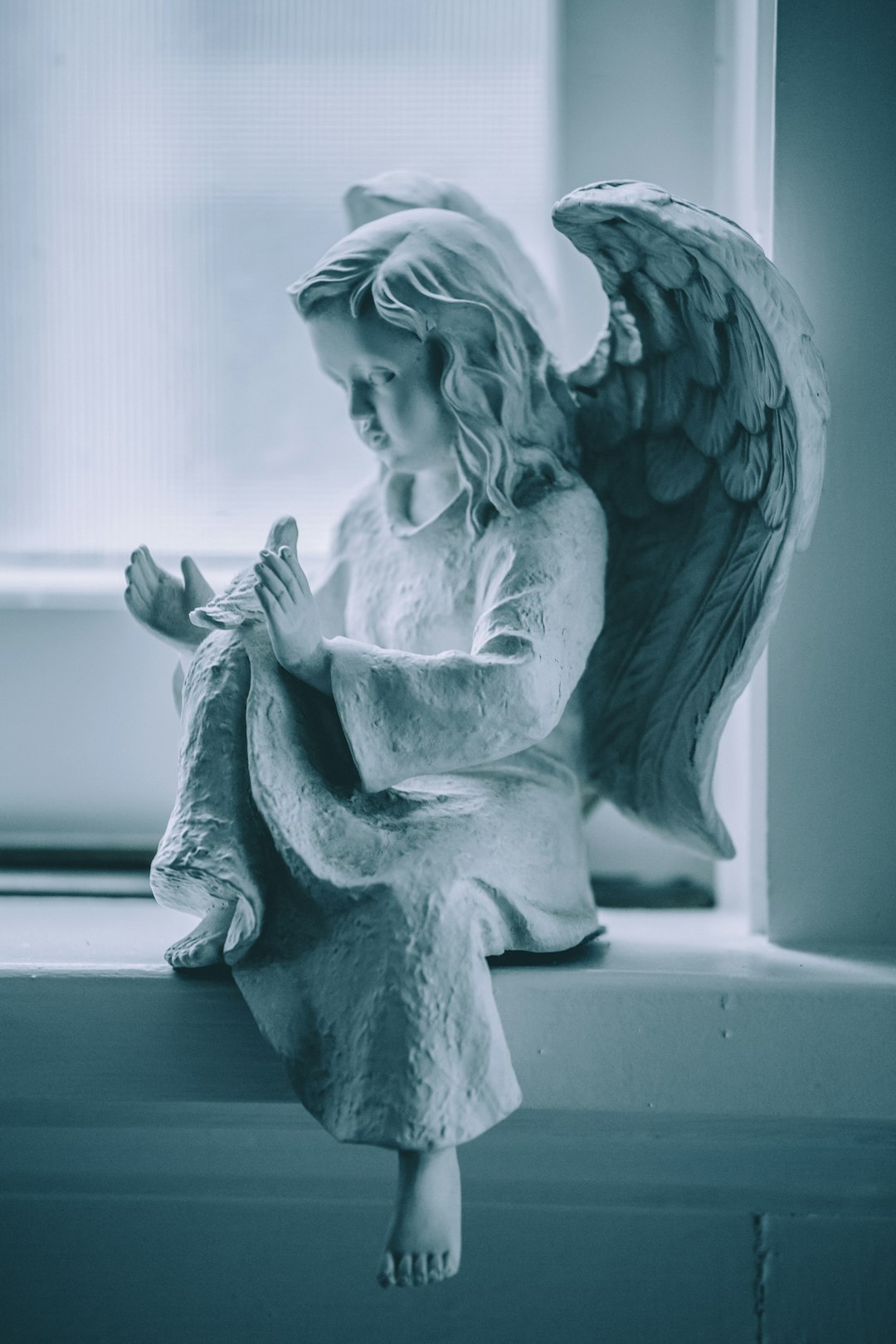
If you saw me you would not mistake me as being anything but Caucasian. Any more white and you might think I’m albino.
My melanin count growing up was so low that I had just two colors - white and burnt red. This so horrified my mom, who discovered this attribute when I was a baby, that she arranged for me to live most of my early life under umbrellas and awnings (when not indoors) or protected by hats, dark glasses and the white man’s face paint of the 50’s and 60’s - zinc oxide ointment.
Growing up with three siblings who had the miraculous ability to tan, I thought being too white was no sign of privilege, it was an embarrassing physical defect to be ashamed of.
Which brings me to my topic SHAME.
Guilt is different. Guilt has to do with something someone does. It’s a judgement of action. Shame is about who you are, your being or essence.
Now I’m not talking about how shame and guilt feel to people. They may feel the same or different, and it is possible with some, especially over time and with practice, to lose emotional feelings altogether. Keep this in mind if you are trying to become more authentic, less compartmentalized. People who are working toward being the same at home and at work, on Monday and Sunday, will quickly find themselves facing their old guilts and shames. Why is this? Because they are stepping out of hiding and turning back to face head-on the shaming words from their pasts they once innocently accepted as true.
Looking back now, well past my season of skin-tone embarrassment, I now better understand that shame is close to a universal malady.
My secret skin color flaw, which was one of countless imperfections and foibles that haunted my childhood, (not that adulthood has been a cakewalk of psychological soundness), is like the ones that probably created shame in you. It could have been your weight, your poor eye sight, your hair, your acne, your trouble learning. It’s an endless list. And what is so interesting now looking back, is that it didn’t matter about how many gifts and talents I might have had, one exploitable weakness, and that’s all that was needed to keep me distracted and disturbed .
Recovery from shame usually involves a journey toward a loving God. Usually this involves the love of others along the path who have the ability to love us while not excusing or condoning bad behavior. These are true friends who may not be the ones we are spending time with right now. They are usually older and must be more stable than we are at the moment. They have attributes we seek for our own lives.
Let me give you an interesting example of such a person, and this shows that age has nothing to do with it.
I remember a girl in elementary school who was a year older than me and who was not particularly pretty. She could have easily been made to feel ashamed of her looks and yet I distinctly remember her for her kindness to everyone around her. Perhaps she was living out a faith in God. I have no idea. What I do know is that she was the happiest kid I knew and had an extraordinary ability, as a third grader no less, to make other kids feel good about themselves. She didn’t seem to fall into the trap I often did of worrying what others thought about me. Where I played social defense she played kindness offense.
She probably moved away because I don’t recall her continuing through the grades with the rest of us, but I remember to this day how she made me feel about myself and that she wielded an amazing positive influence on others that I wanted someday to have as a part of me.
Finally, a thought about shame and bullies.
Bullies in childhood were kids who looked for weaknesses in others in order to deflect from their own sense of shame. Adult bullies are either childhood bullies who got older or victims of bullies who have broken free, except for their secret wounds, and are now seeking payback. What is usually missing in a bully’s life is a sense of being loved to their core by people they respect, love, or admire. Perhaps they didn’t encounter little angels in their lives like I did in second grade.


